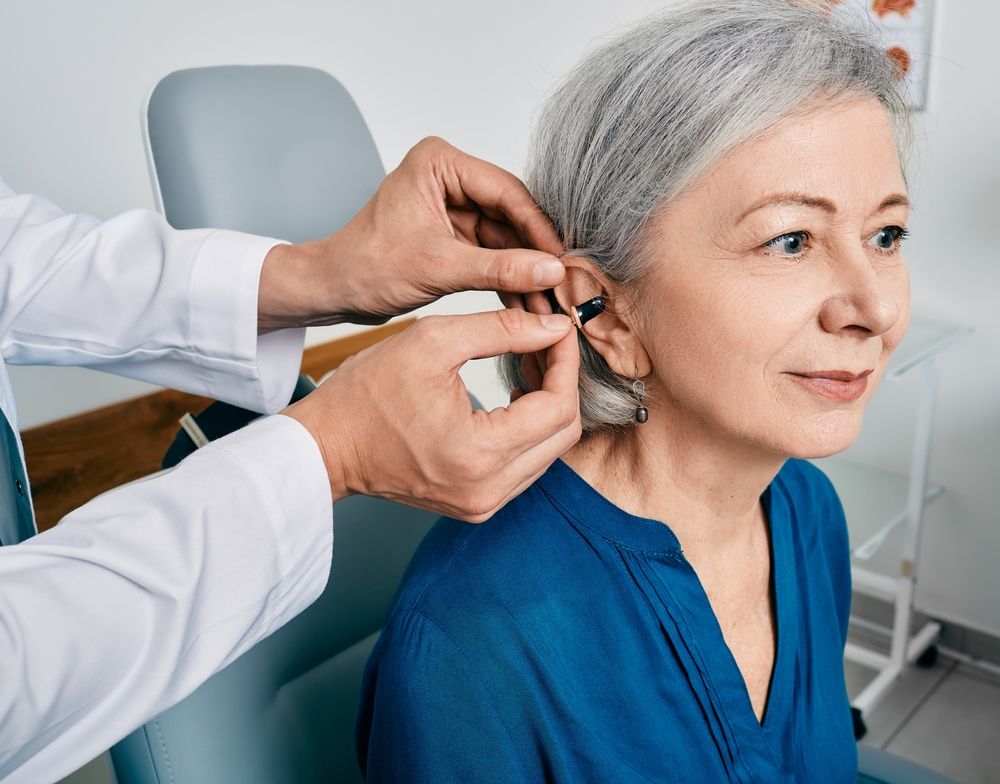
Purchasing your first set of hearing aids can be a combination of expectancy and anxiety. Whether you’re eager to enjoy conversations more clearly, reconnect with friends and family, or just hear the world around you once more, it’s a huge step toward greater hearing health. But similar to any new experience, it’s not uncommon to have concerns, particularly about how hearing aids will feel and how long it might take to adjust.
Lots of first-time users are not sure what to expect. Will the hearing aids feel bulky or awkward? Will everyday sounds feel too loud? Will it take a long time to get used to them? These concerns are normal, but with the correct support and a bit of patience, most people discover that hearing aids become a worry-free and essential part of day-to-day life.
As you get through this change, it’s essential to understand what lies ahead and take proactive steps to decrease any disruption, ensuring a smooth integration into your new situation.
What to expect during the initial adjustment period
Do hearing aids produce discomfort? At first, they can feel a little bit peculiar, especially if you’ve never put anything in your ears regularly. Similar to adapting to a new set of eyeglasses or adjusting to a watch, it will take time for your mind and body to become accustomed.
There are two main areas where you’ll discover the biggest changes during the first several days or weeks of use:
Physical sensation
You may initially feel some pressure or unfamiliarity in your ear canal. It is typical and common for many specialists in hearing health to suggest a gradual strategy to using the device, starting with a few hours daily and gradually extending the time.
A bit of discomfort is okay, but pain is not. If your devices cause discomfort or inflammation, don’t wait to contact your hearing care provider. They have the capability to modify the fit or experiment with a different design that would be more appropriate for the shape of your ear.
Perception of sound
One of the most unexpected parts of the adjustment process is hearing everyday sounds that you might not have noticed before.
Initially, everyday sounds like the fridge’s gentle thrum, chirping birds, or the creak of your own footsteps can seem abnormally loud. As a result, your brain is reacquainting itself with a wider spectrum of acoustic signals.
It might seem overwhelming, but your brain will steadily learn to filter out trivial background noise and focus on what really matters, like voices and music. This is part of your auditory system “retraining” itself.
Recommendations for enhancing the comfort and effectiveness of hearing aids
The great news is that there are several approaches to help you feel more comfortable and confident while adjusting to your new hearing aids:
1. Start slowly
You don’t have to feel obliged to wear your hearing aids all day immediately. Begin with one to four hours a day, particularly in quieter environments like your home.
As you become more familiar with the devices, you can incrementally expand your usage to a comfortable level.
2. Practice makes perfect
Try wearing your hearing aids while participating in things that help your brain adapt. Participating in activities like following along with audiobooks as you read or watching movies with subtitles can improve your ability to recognize speech and enhance your listening skills in an enjoyable manner.
3. Keep in touch with your hearing specialist
Fit and performance go hand-in-hand. If something doesn’t feel right, whether it’s how the device sits in your ear or how the sound is being processed, don’t wait. Your hearing care provider can fine-tune your devices and give recommendations for better results. An indinidualized hearing aid customized to your particular ear shape and needs could be the most suitable choice in specific scenarios.
Welcoming your new hearing experience
It’s completely normal to go through a brief adjustment period with your hearing aids. With regular use, proper care, and support from your hearing specialist, your hearing aids will soon feel like second nature.
Instead of paying attention to the device, you will redirect your focus towards the pleasure of improved conversations, natural sounds, music, and routine social exchanges.
The path to success depends on perseverance, dedication, and taking charge of your well-being. With time, your hearing aids will not only improve your auditory experience, but also enhance your total quality of life.